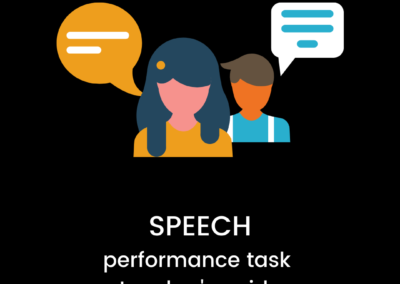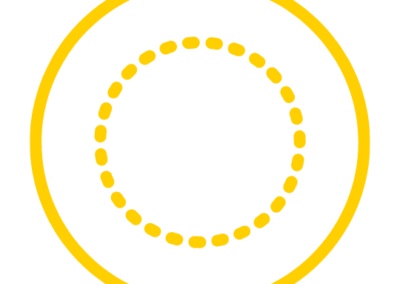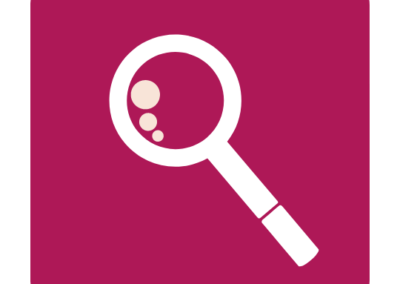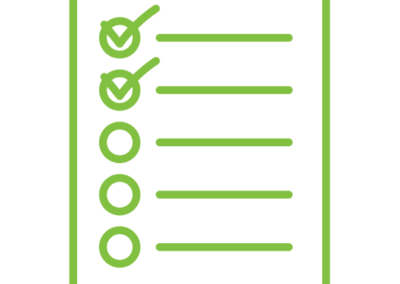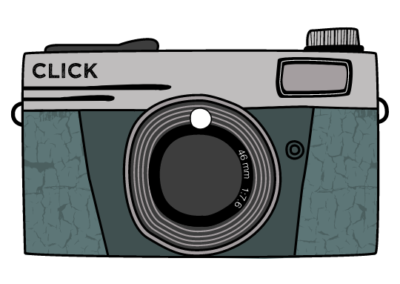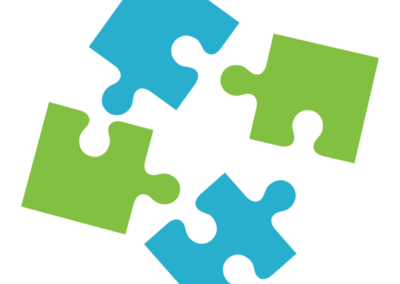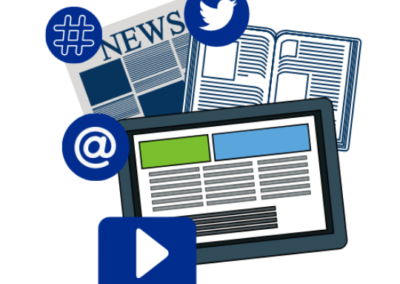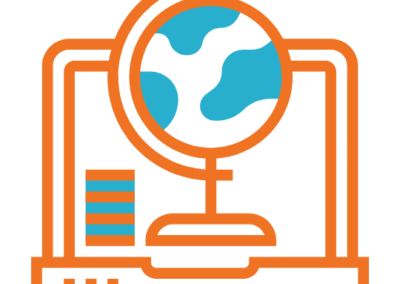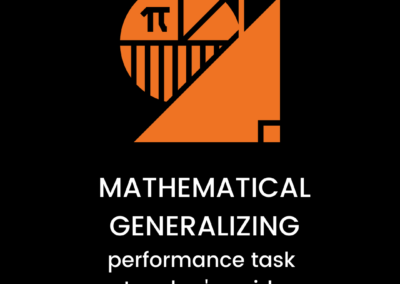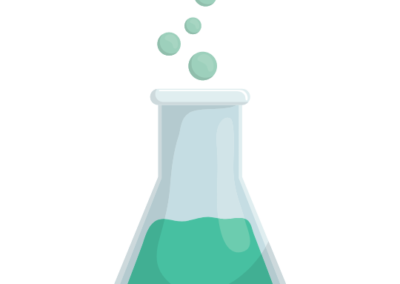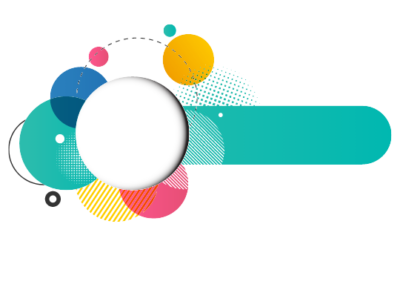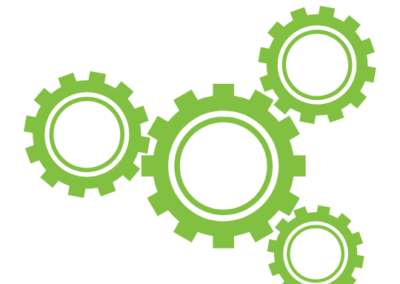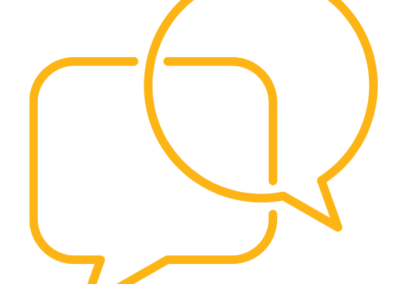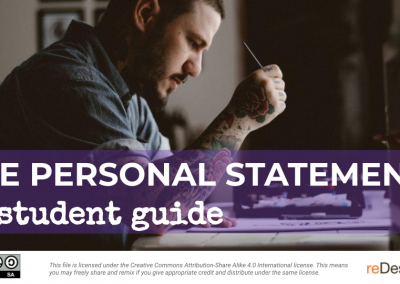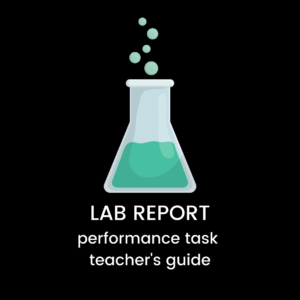
Description
The Lab Report Performance Task Guide is designed to support students in writing a formal lab report that communicates all aspects of a student-designed experiment.
Preparing students for college-level work means providing exposure to, and practice with, the stylistic writing conventions used in different fields of study. The lab report is one such writing application for the sciences that not only helps strengthen students’ technical writing skills, but also offers learners a structured process for engaging in scientific inquiry: research design, data analysis, presentation of findings, and reflection on outcomes. Embedded in the steps described in the Lab Report Performance Task Guide are key scientific practices derived from the Next Generation Science Standards, designed to help students understand the work that scientists do, recognize how scientific knowledge develops, and make connections between the sciences and opportunities to positively impact society by addressing major challenges faced by our world today.
Formative Tasks

